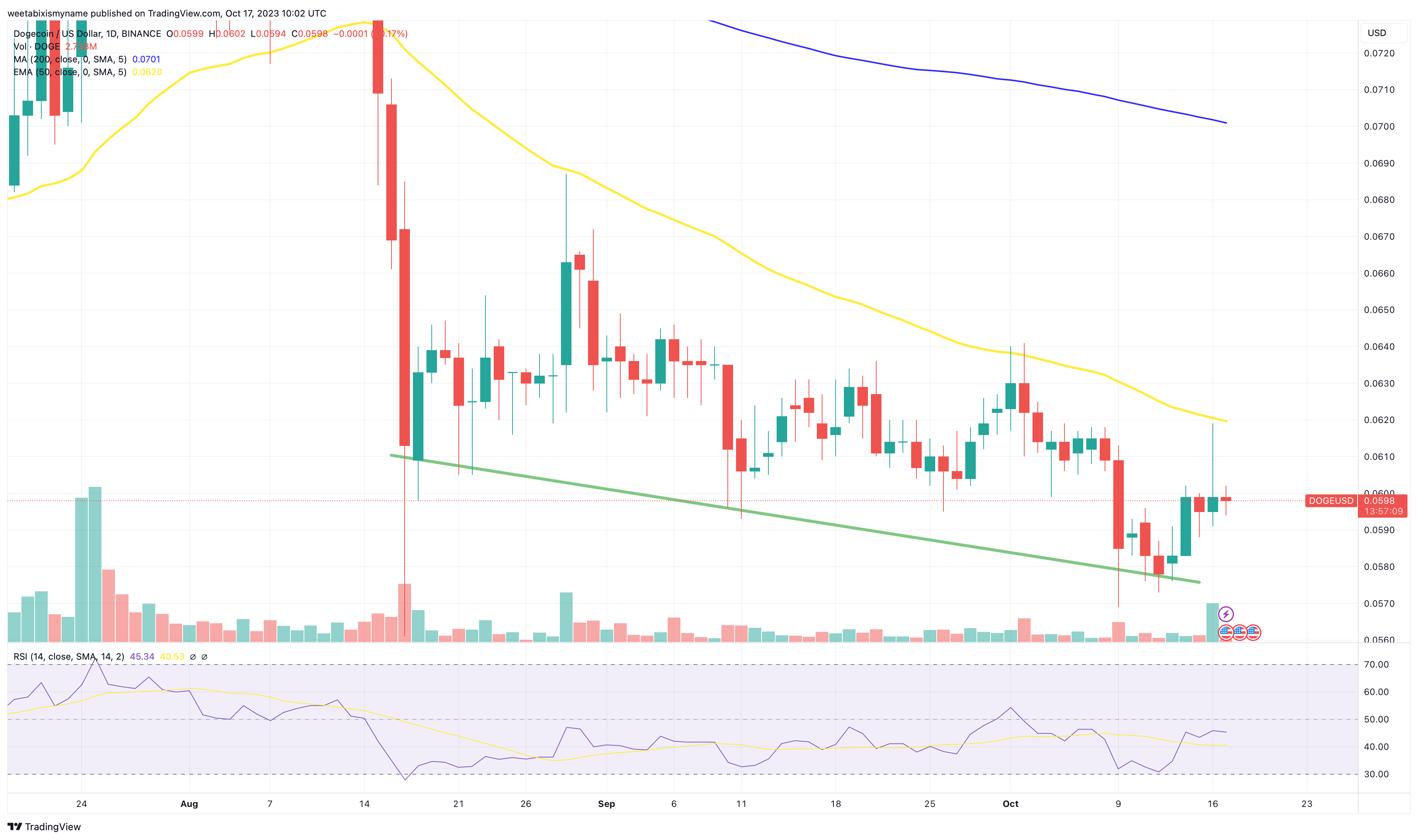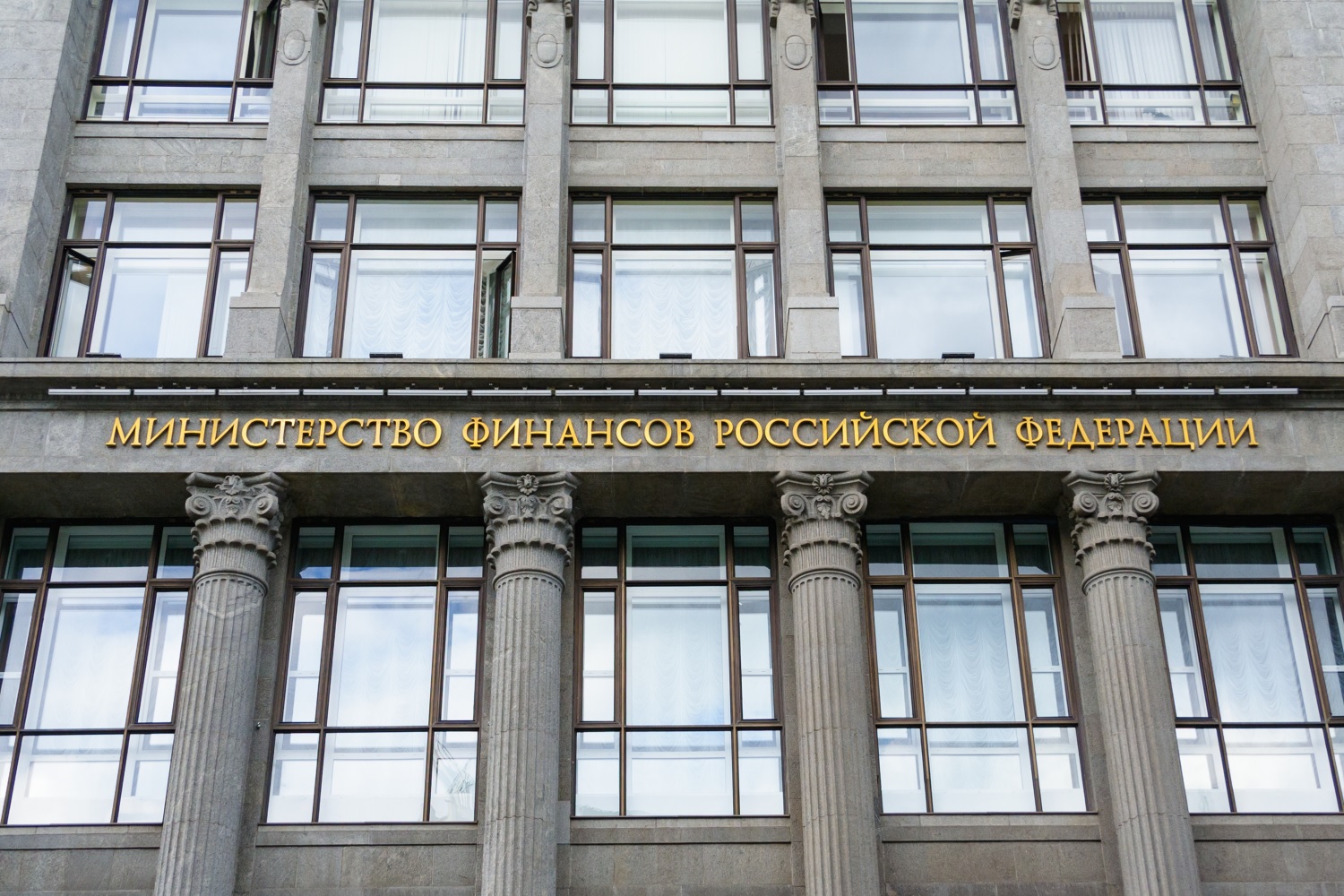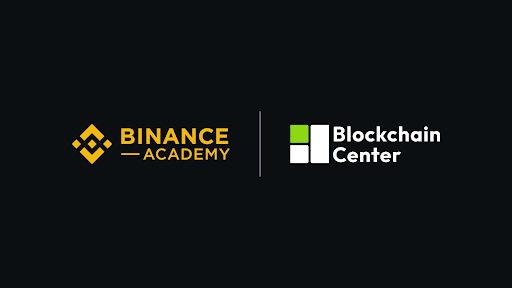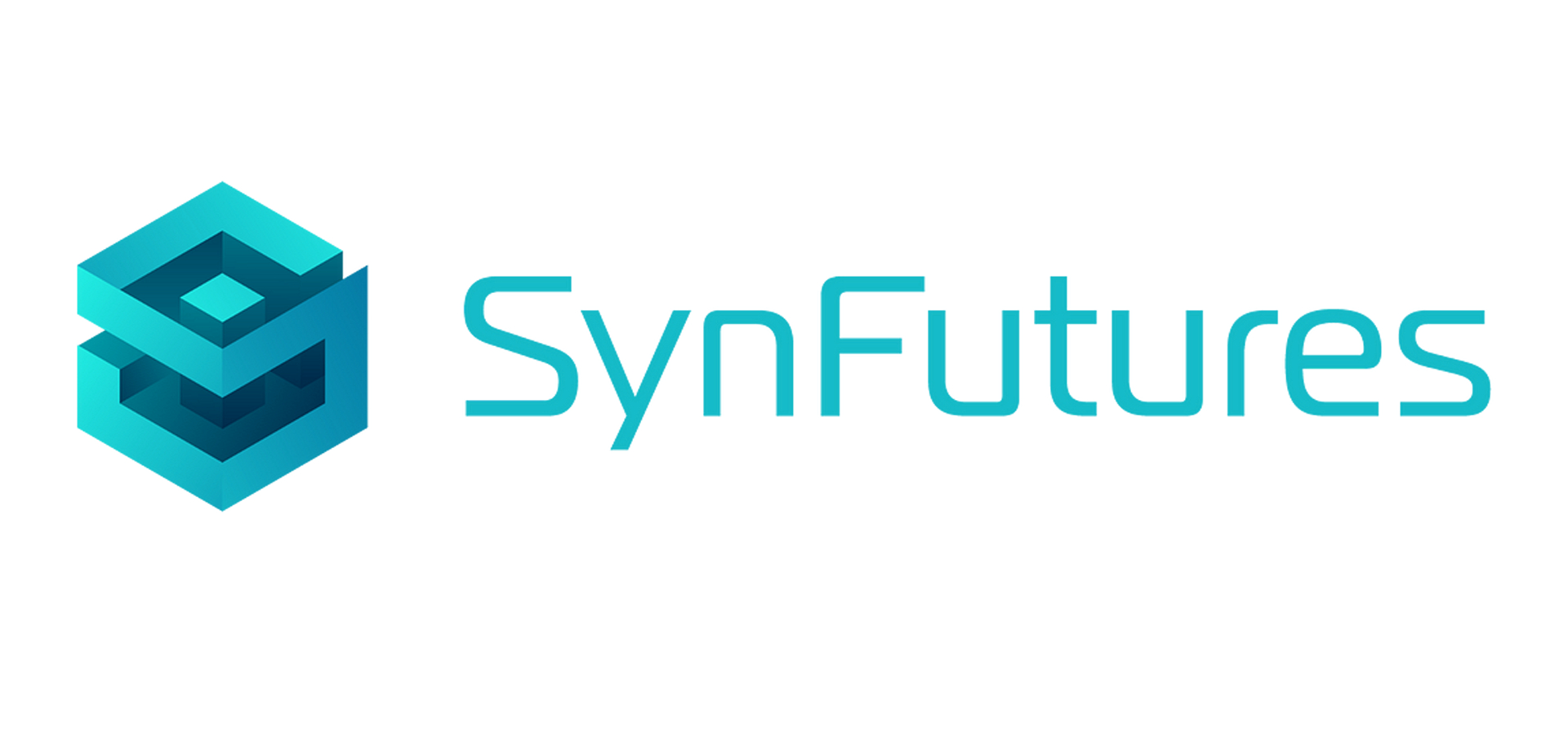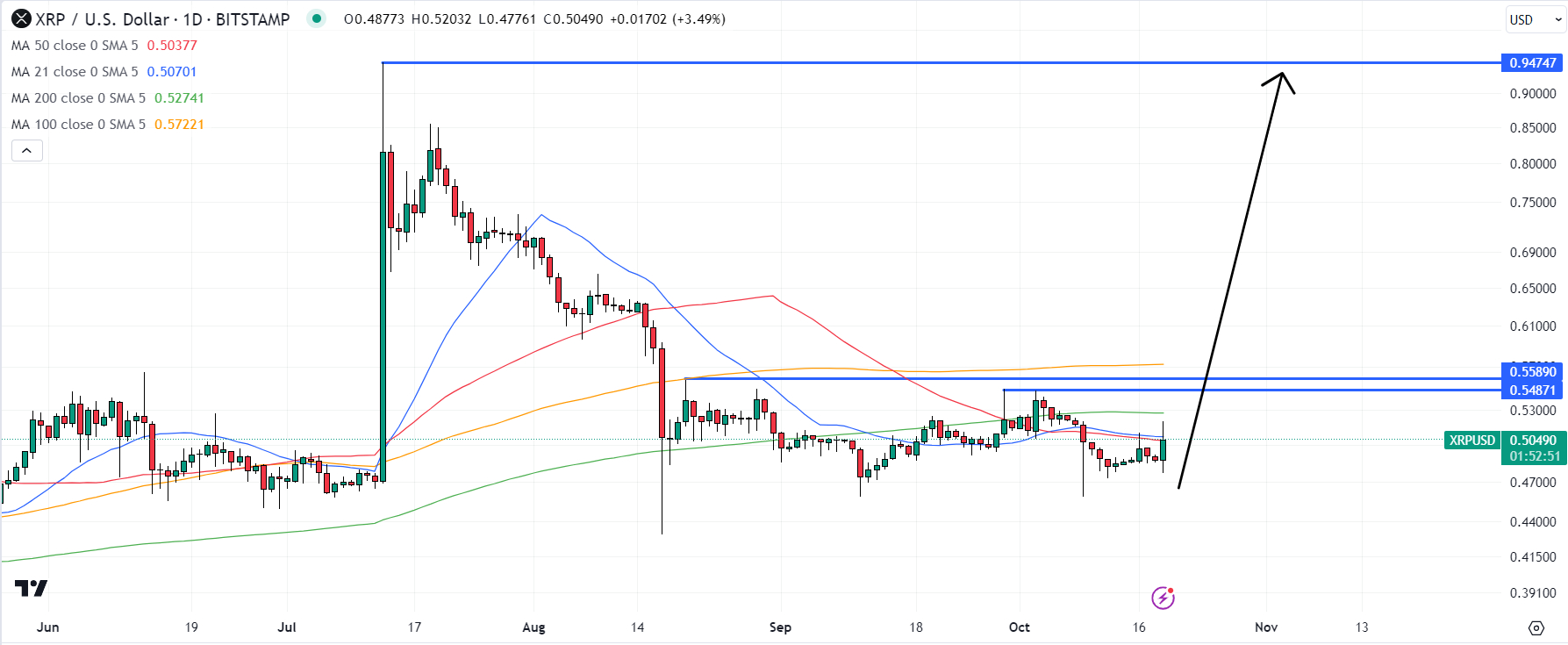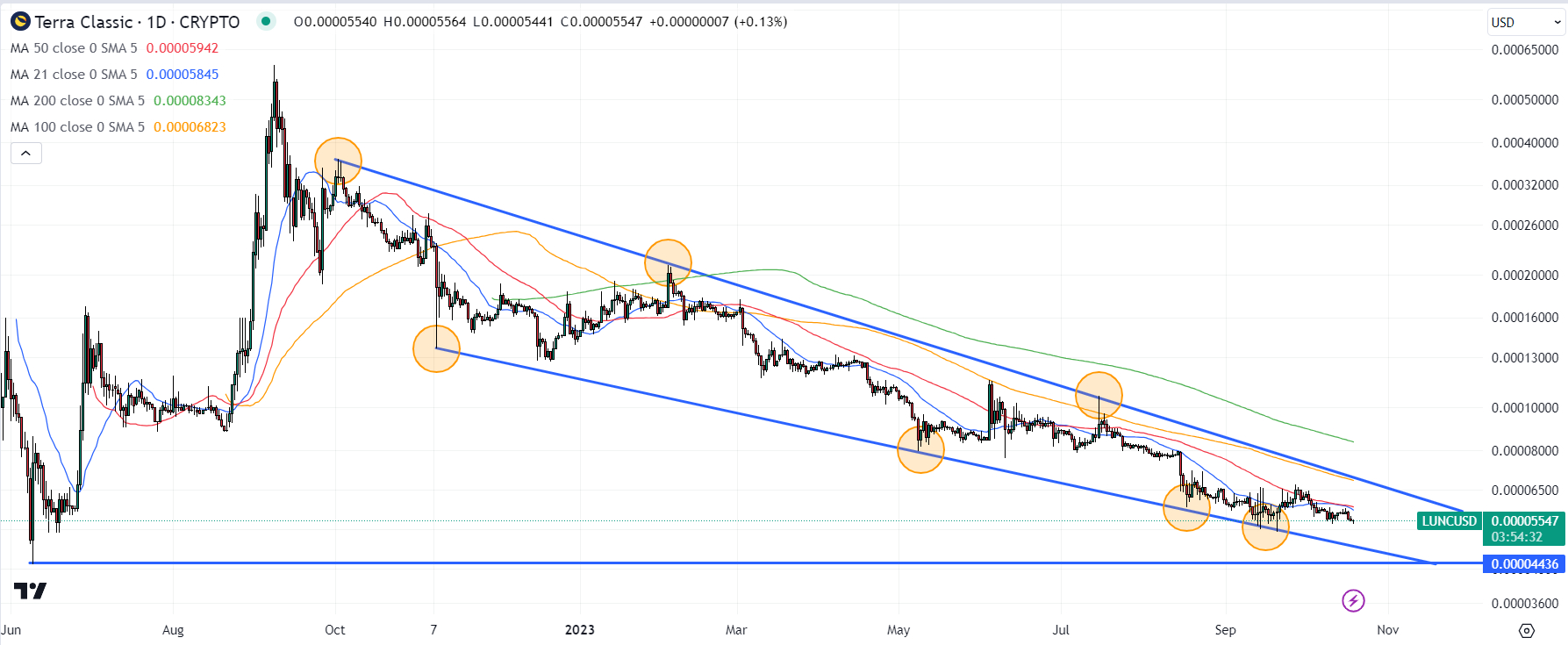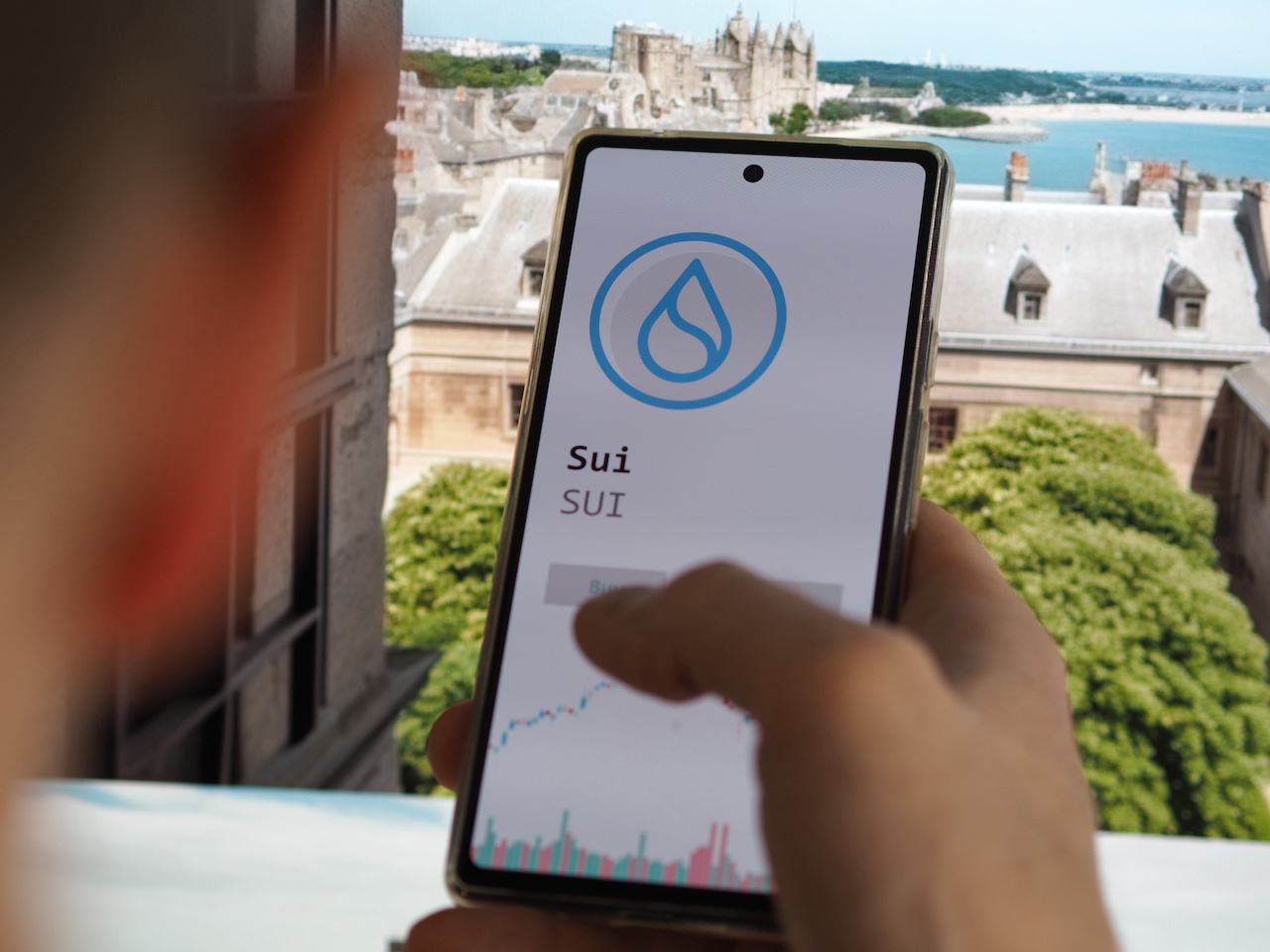India's Central Bank Launches Wholesale CBDC Pilot For Inter-Bank Borrowing
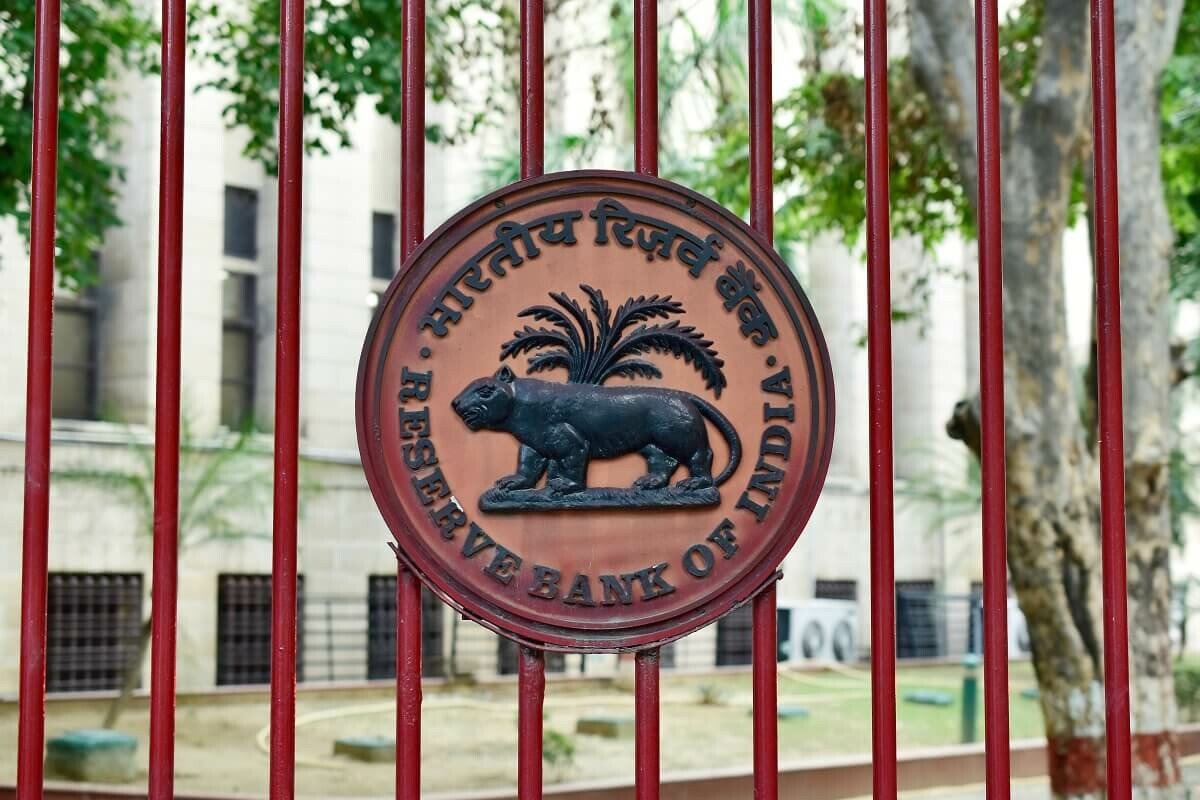
The Reserve Bank of India has initiated a wholesale Central Bank Digital Currency (CBDC) pilot program for inter-bank borrowing.
The central bank had earlier announced its plans to test the wholesale CBDC, with the pilot now underway as of October. RBI’s executive director Ajay Kumar Choudhary said:
“It (the wholesale pilot of CBDC) has started, but volumes are not pretty well, as it is a test of the system, accounting and multiple things, and the pilot is to test all those things.”
Wholesale CBDC Pilot Includes Nine Major Lending Banks
The pilot involves nine major lending banks, which are already part of the government securities (g-sec) pilot program.
These banks include State Bank of India, Bank of Baroda, Union Bank of India, HDFC Bank, ICICI Bank, Kotak Mahindra Bank, Yes Bank, IDFC First Bank, and HSBC.
In a parallel effort, the RBI had introduced a wholesale CBDC pilot in November 2022 for settling transactions in the secondary government securities market.
The central bank also revealed a retail CBDC pilot for peer-to-peer (P2P) and peer-to-merchant (P2M) transactions in December 2022.
RBI Aims A Million Transactions Per Day By December
The central bank is committed to expanding the use of retail CBDC and aims to achieve a target of one million transactions per day by December 2023.
Currently, the RBI is actively working on various aspects of digital rupee, including interoperability. The central bank expects transaction volumes to increase substantially by October to November, building on the current rate of 18,000 to 20,000 transactions per day.
The primary objective of these pilot programs is to analyze user behavior, which will influence the design choices and policy framework of the CBDC.
The ultimate goal is to facilitate financial transactions without jeopardizing any individual financial systems.
In addition to these CBDC initiatives, the RBI has launched a public technology platform for seamless credit. Introduced on August 17, 2023, this platform has garnered significant interest from lenders.
Regarding regulatory developments, the RBI is planning to introduce self-regulatory organization (SRO) norms for various regulated entities. These SRO norms are expected to be rolled out within this year. While crypto regulations are on the horizon, the RBI is approaching them in a phased manner, with the priority being the establishment of SRO mechanisms.


